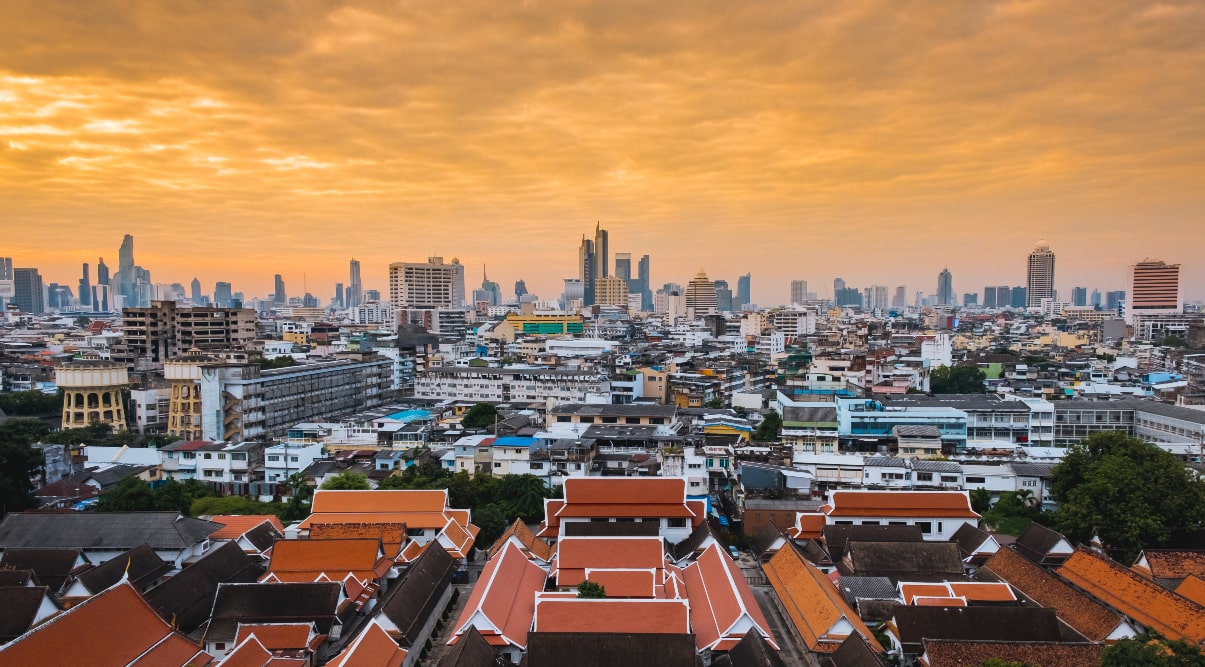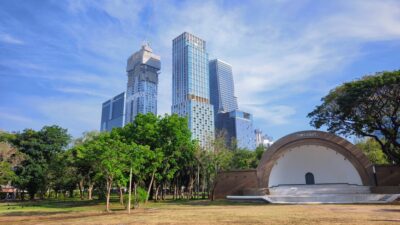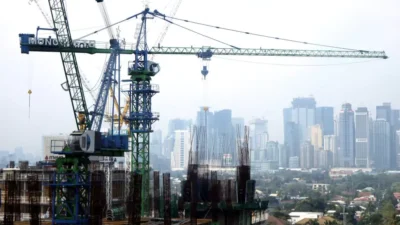Over 50% of future Thai homebuyers look for sustainable living features
Work from Home trend increases the importance of ventilation, heat transfer systems, and smart home and internet infrastructures
Since the arrival of the pandemic last year, the behaviour of Thai consumers towards real estate has changed, including satisfaction of the housing market, higher interest in sustainable living, and home affordability, according to a consumer sentiment study by DDproperty.
Homeownership
Thailand’s economic outlook and political instability are still the main reasons for consumers’ increasing satisfaction and lack of confidence in Thailand’s property market. Satisfaction levels have dropped to 48 percent in H2 2021, compared to 66 percent in H1 2019.
However, seven in 10 Thais intend to buy a property in the future, with many delaying their purchase to after two years.
Despite the popularity of new properties among Thai homebuyers, resale properties remain a preference for mid-aged Thais.
The majority of buyers intend to invest in a single-detached home. More than half of the respondents said that future MRT/BTS lines would have a huge influence on their purchasing decisions, as well as the proximity to health-related services (three in four Thais).
Sustainable Living
The importance of living with eco- and health-friendly features, such as a dust-free house, cool house innovation, virus-free house, have grown on Thais. As the Work from Home trend spreads, people see the significance of effective ventilation (65 percent), heat transfer system (49 percent), and smart home and internet infrastructure (48 percent).
Hence, homes with solar panels and smart cooling systems will be sought-after by more than half of future homebuyers.
Due to the emergence of electric vehicles (EVs), about two in three Thais would be changing the way they look for property in the future, particularly among the 30-39 years and mid-income segments.
More: Thailand’s housing demand this year expects to drop 10% from 2020
Affordability
The affordable rating slightly dropped from the previous wave, from 55 percent to 53 percent.
Fewer Thais consider themselves able to afford a property with the current income and property prices. Therefore, loss of income due to the pandemic and house prices are the main restraints for Thai property investors.
The economic slowdown is also a key factor, more so among low-income earners.
The Property Report editors wrote this article. For more information, email: [email protected].
Recommended
Why Asia’s mixed-use developments are the future of real estate
Dynamic integrated communities are fusing real estate with commercial, leisure, and other amenities
Transforming cities worldwide: Surbana Jurong’s vision for the future
Surbana Jurong excels in master planning, infrastructure, and urban development
Inside Asia’s commercial real estate: The cities thriving and those facing tough times
Shifting consumer preferences, and fluctuating economic policies mean commercial real estate investors in Asia must remain agile
Why young Asians are choosing singlehood and reshaping real estate trends
Marriage is out, and singlehood is in as young Asians subvert convention to explore alternative paths in real estate









